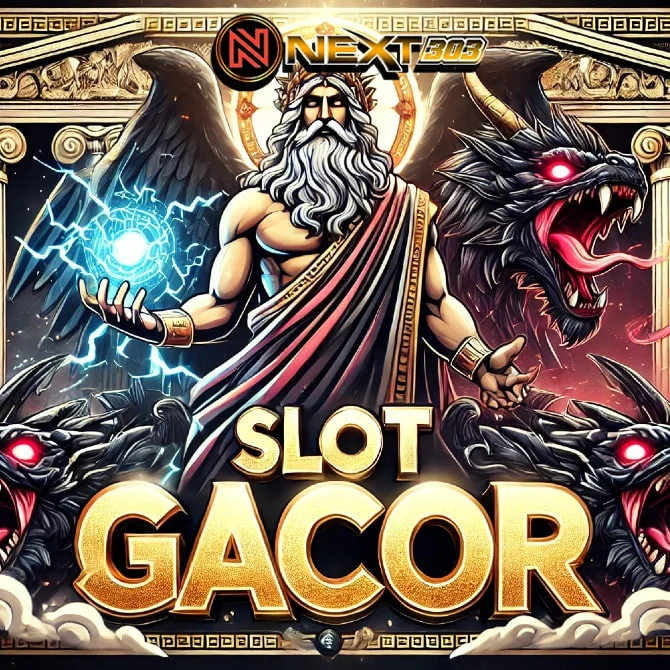The Enduring Impact of PlayStation and PSP Games on the Best Games Legacy
PlayStation has built a legacy as one of the most influential platforms in gaming history. Its titles consistently combine storytelling, immersive gameplay, and technical innovation, earning recognition as some of the best games ever developed. The PlayStation Portable further expanded this legacy by proving that handheld games could deliver experiences as rich and rewarding as home console titles.
Immersion is a defining feature of PlayStation games. Developers craft environments with meticulous attention to detail, bayitoto allowing players to explore vast, dynamic worlds. From hidden treasures to interactive NPCs, every aspect of these games is designed to engage players fully. This dedication to creating realistic and compelling worlds helps explain why PlayStation games are often cited as the best games in the industry.
Narrative depth is another strength of PlayStation titles. Stories are integrated with gameplay to give players meaningful choices and consequences. Complex characters and branching storylines allow players to experience emotional highs and lows, making the games memorable and impactful. This narrative richness has become a defining characteristic of what players consider the best games.
The PlayStation Portable brought these same principles to handheld gaming. PSP games offered long, engaging experiences with cinematic storytelling, detailed graphics, and complex mechanics. These portable adventures showed that high-quality gaming could exist outside of traditional consoles, expanding the reach and influence of PlayStation games and the broader definition of the best games.
PSP games also fostered innovation. Developers experimented with gameplay mechanics, genre blends, and episodic narratives, often producing unique experiences that were not possible on home consoles. Many of these PSP titles remain beloved examples of creative design, demonstrating the versatility of the platform and enriching the legacy of the best games.
Replayability is a hallmark of PlayStation and PSP games. Multiple endings, optional quests, and hidden content encourage players to revisit their favorite games. This long-term engagement reinforces their status as some of the best games and ensures they remain relevant to both new and returning players.
In conclusion, PlayStation games and PSP games have made a lasting impact on the best games legacy. By combining immersive worlds, rich storytelling, innovative mechanics, and replay value, these platforms continue to define excellence in gaming. Their influence on both players and developers ensures that their legacy will remain central to the evolution of interactive entertainment.






